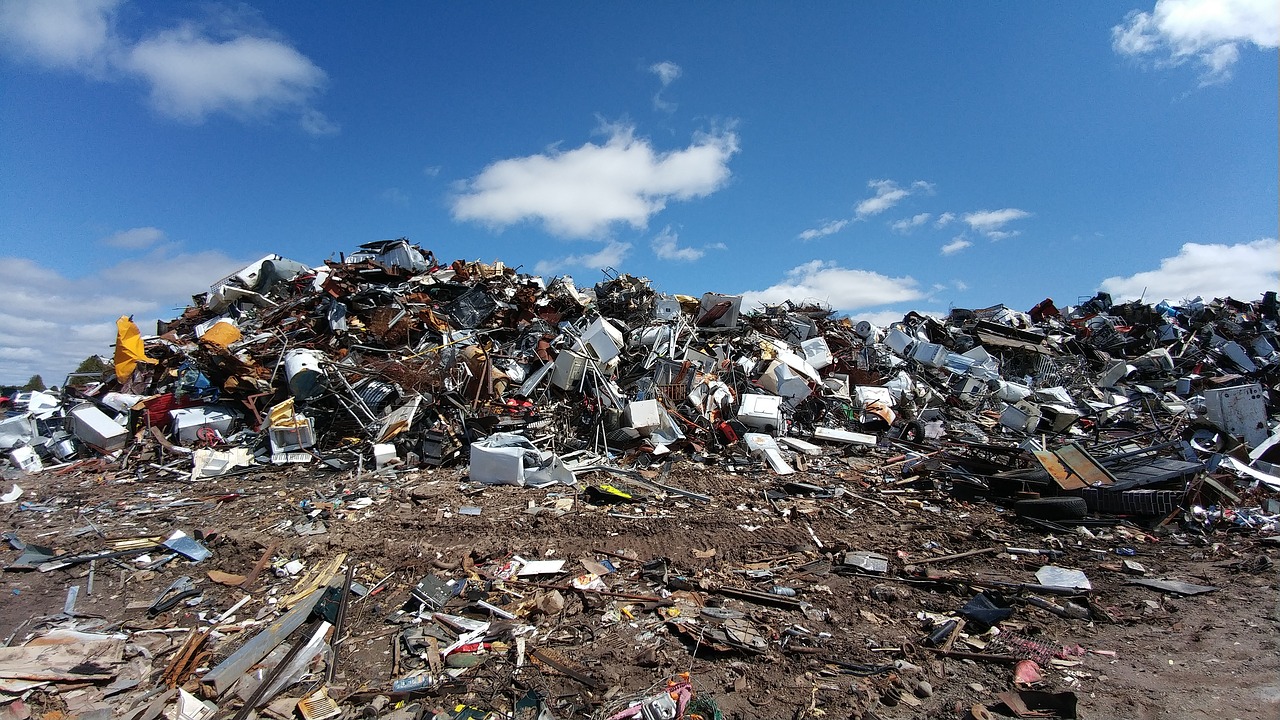Raw materials needed for mobile phones could run out without more recycling
Research calls on vendors to do more

Supplies of rare elements used in the manufacturing of mobile phones, tablets and PCs are at risk of exhaustion because older devices are not being recycled, the Royal Society of Chemistry (RSC) has warned.
The organisation says elements such as indium, yttrium or tantalum could run out within a century as stocks deplete.
There are an estimated 40 million unused devices in the UK alone with 82 per cent of households possessing at least one unused gadget. Only 18 per cent will aim to recycle, while 14 per cent plan to sell their device.
- How green is Apple?
- Samsung uses environmentally friendly packaging
- Exertis to offer refurbished handsets to resellers
Mobile phone recycling
The most common reasons for not recycling were because of data privacy concerns and because they don’t know how to do so.
“Chemical scientists are already working to find ground-breaking solutions – by investigating long-term substitutes for rare elements in devices, or by finding new chemical methods to extract precious materials and reuse them – but we all can and must do more,” said Robert Parker, CEO of the RSC.
“Chemical solutions to these challenges may still be decades away, and in the meantime we are approaching the point of no return for some of these materials, whose special properties make them uniquely suited for use in the technology we rely on in healthcare, in doing business and in our homes.”
The RSC says manufacturers should offer take back schemes, design devices so they last longer and so raw materials can be extracted without the need for heavy chemical use. It also wants users to be able to delete and transfer data safely and securely.
Are you a pro? Subscribe to our newsletter
Sign up to the TechRadar Pro newsletter to get all the top news, opinion, features and guidance your business needs to succeed!
Some vendors already offer return schemes that apply a discount against a new handset, but the expansion of such programmes would also reduce e-Waste, especially since phones also contain toxic materials such as Arsenic, and lower the environmental impact of excessive phone manufacturing.
“As individuals, reuse and recycling are the best options available to us, but even if recycled it is still extremely difficult to recover some of these elements from unused devices,” continued Parker.
“Over our lifetime, one person in the UK will produce around three tonnes of electronic waste. However, there are indications that number could grow as the number of smart, wireless or connected devices in the home increase. As a society, we are all too aware of the need for sustainable practices in food production and land use – just think about plastic straws and coffee cups to see how quickly things can change.”
Steve McCaskill is TechRadar Pro's resident mobile industry expert, covering all aspects of the UK and global news, from operators to service providers and everything in between. He is a former editor of Silicon UK and journalist with over a decade's experience in the technology industry, writing about technology, in particular, telecoms, mobile and sports tech, sports, video games and media.